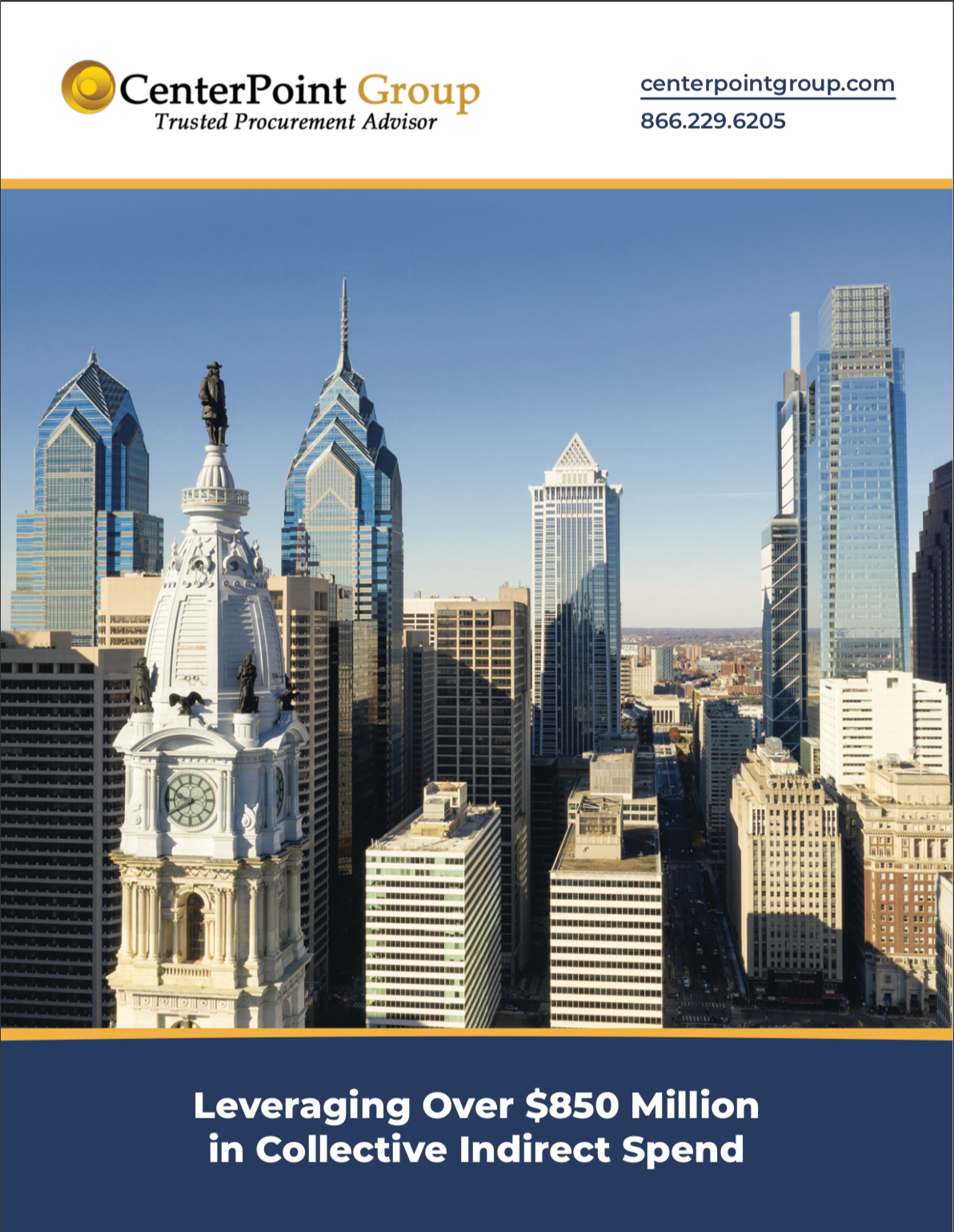
2020, thus far, has been the year of the coronavirus. Not yet classified as a pandemic (as of the date of this post), the rapid proliferation of the virus has alarmed officials at the World Health Organization and the governments of nations all over the world. Hit especially hard are Korea, Italy, Iran and of course, China.
It was in China’s Wuhan province that the virus first attracted the attention of the nation’s government, prompting WHO to be alerted to several cases of what was then referred to as a pneumonia. Identified in early January as what we now call COVID-19, the rapid spread of the virus is creating an economic chilling effect. Affected are supply chains, especially those implicated with or originating in China.
A long chain on
By the end of January, it was clear that COVID-19 was having a devastating impact on China. Along with the tragic human toll being exacted were the spin off effects on items like tourism, labor, the conduct of business and the supply chains serving businesses all over the world.
Illustrating the reality of the ripple effect, the continuing COVID-19 global health emergency has materially emptied the factories of China. While doing so, it has deprived companies of all sizes of links in their supply chains which have caused operations to grind to a halt.
But largescale players have discovered that their monolithic supply chains are downright mysterious.
Suppliers are just the lid on a scream occasioned by a supply chain so long that the origins of what it provides are veiled in darkness. Suppliers have their own suppliers and those suppliers have theirs. Explains Michael Essig, Supply Management Professor at Munich’s Bundeswehr University, a large car manufacturer may have 5,000 suppliers. Each supplier is likely to have 250 sub-suppliers.
That’s 1.25 million suppliers to wrangle. So, when something goes sideways (Fukushima being another example of the impact of emergencies on supply chains) a great deal of damage can be sustained.
But having this many suppliers is already a problem. For example, German car manufacturers BMW, Daimler and Volkswagen have related to media that they’re unaware of the coronavirus’s impact on their supply chains due to their vast and Byzantine complexity.
Sustainable supply chains
Fukushima offered an important lesson on the nature of supply chains. One key element of that lesson is the fragility of the “Just in Time” supply management methodology. Concurrently, the solution to the vulnerability of companies practicing JIT following a disaster isn’t necessarily a competitive one. Maintaining overstock is fiscally problematic.
At the same time, the nation’s car manufacturers have turned to creative approaches like enhancing manufacturing capabilities and tweaking procurement and production. There has been distinct movement in the wake of Fukushima, toward challenging existing supply chains for more sustainable models.
Things are shaping up similarly in the COVID-19 disaster. The devastation to China’s supply chains has forced business to seek alternatives and those alternatives may well endure.
With economic success comes an “all ships rising” effect and this has certainly been true of China, where wages have risen. This has not escaped the attention of businesses looking to reform supply chains.
Komatsu, a Japanese manufacturer of construction equipment, sources components from China to supplement its own production. But with the contraction of its supply chain, the company has turned to manufacturers in Vietnam and Japan to ameliorate the impact of delays in shipping from China.
Manufacturing is suffering under the current supply chain blockages, including car manufacturers and other sectors. And all along the chain, there’s pain.
Just add tariffs
If you’re been following along, you’ll have read our recent post about the US/China Phase 1 trade agreement.
As we related, while some tariffs have been abolished, others are still in place and these tariffs relate to the US manufacturing sector.
Manufacturers, already lumbered with the tariffs, are now looking at disruption in the supply chain as an added impediment to continuing reliance on Chinese products. Again, creative solutions are being sought and more sustainable and cost-effective practices examined.
CenterPoint Group
Supply chains in the global age are complex. Demystify them with a trusted procurement advisor to create a more sustainable supply chain, uncoupled from the ravages of global health emergencies and natural disasters.
CenterPoint Group’s proven methodology provides its customers with clarity and the data they need to make informed decisions.
Benefit from strategic sourcing and contractual relationships which safeguard your supply chain, while benefiting your bottom line. Contact us.



Leave a Reply
Comment policy: We love comments and appreciate the time that readers spend to share ideas and give feedback. However, all comments are manually moderated and those deemed to be spam or solely promotional will be deleted.